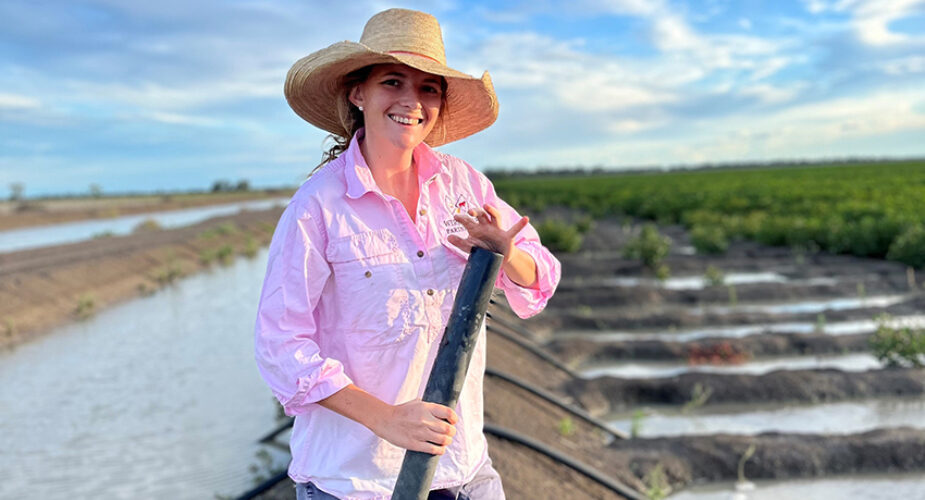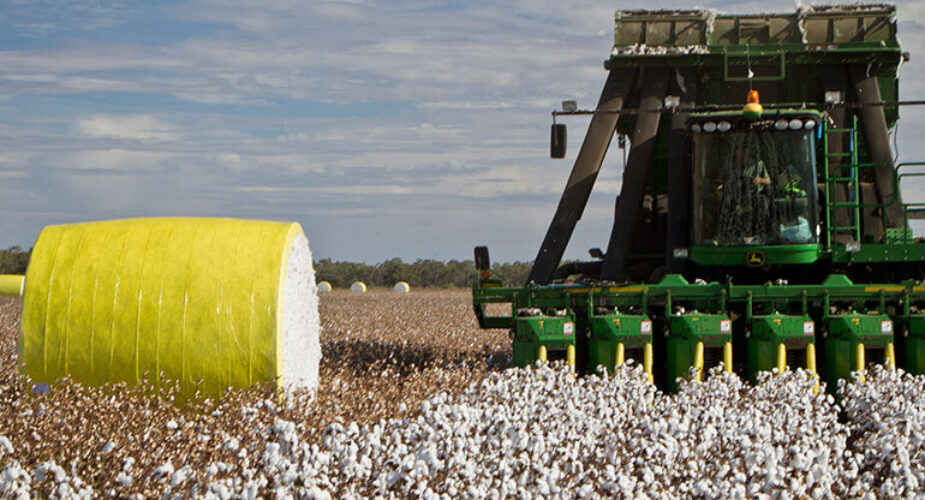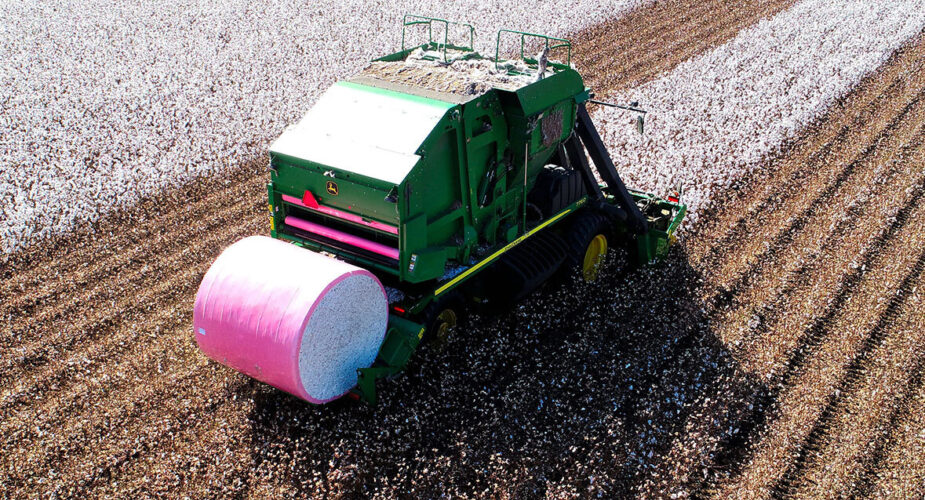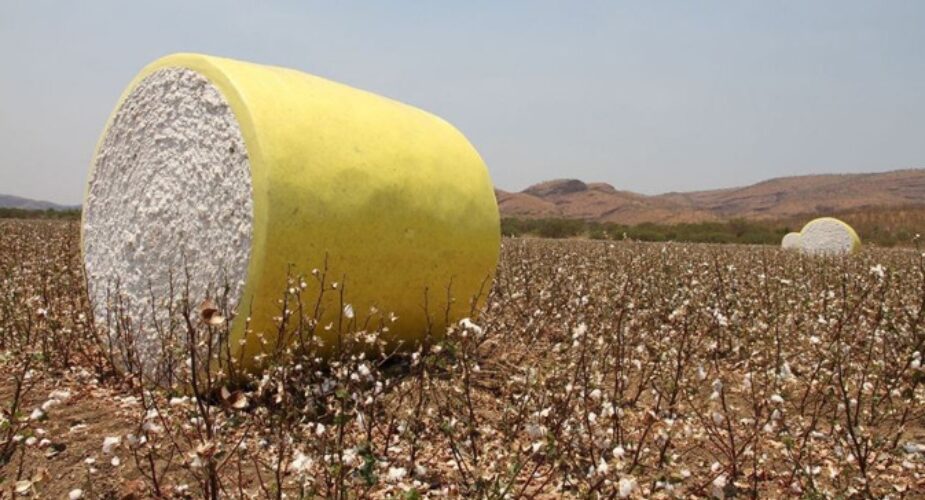New resources for 2025
Cotton Australia resources - Primary
Primary resources
Cotton Australia has released three new resources for primary school students, aligned with the Australian Curriculum V9 (Design and Technologies, Science, and Science Inquiry).
These resources help students explore where their clothes come from and sustainability in the Australian cotton industry in an engaging way:
Cotton Australia resources - Secondary
Secondary resources
Cotton Australia has launched new resources for year 7 - 10 school students aligned with the Australian Curriculum V9 (Design and Technologies, and Science).
Primezone - Secondary
- Farm diaries
- Out and about on farms
- A year on a farm
- Farms have distinctive features
- Farms and people’s connections to them
- Investigating food and fibres
- Discovering past methods of food and fibre production
- Finding Farms
- Investigating technologies in agriculture
- Exploring sustainable practices in food and fibre production
- PIEFA STEM Challenge
- Career Q&A Sessions – Traditional Farming Digital Learning Kit
Other resources - Primary
- Using Water sustainably through science
- Investigating key Australian fibre production practices in the cotton, timber and wool sectors
- Navigating primary industries into the 21st Century
- Biomes that produce our food, industrial materials and fibres
- Determining the probability of good day for sowing cotton
- Cotton in the Wardrobe – needs a Scootle login






